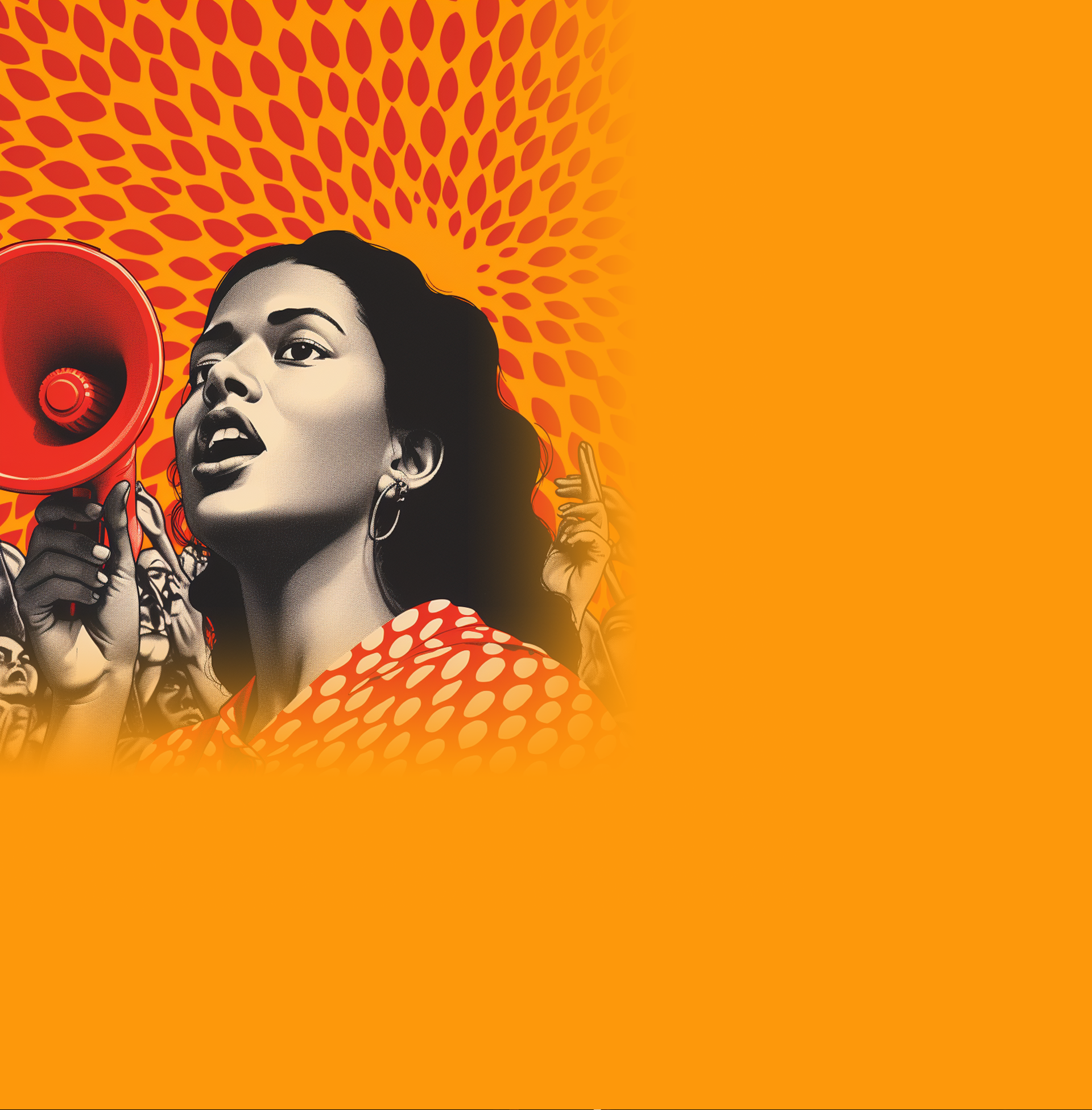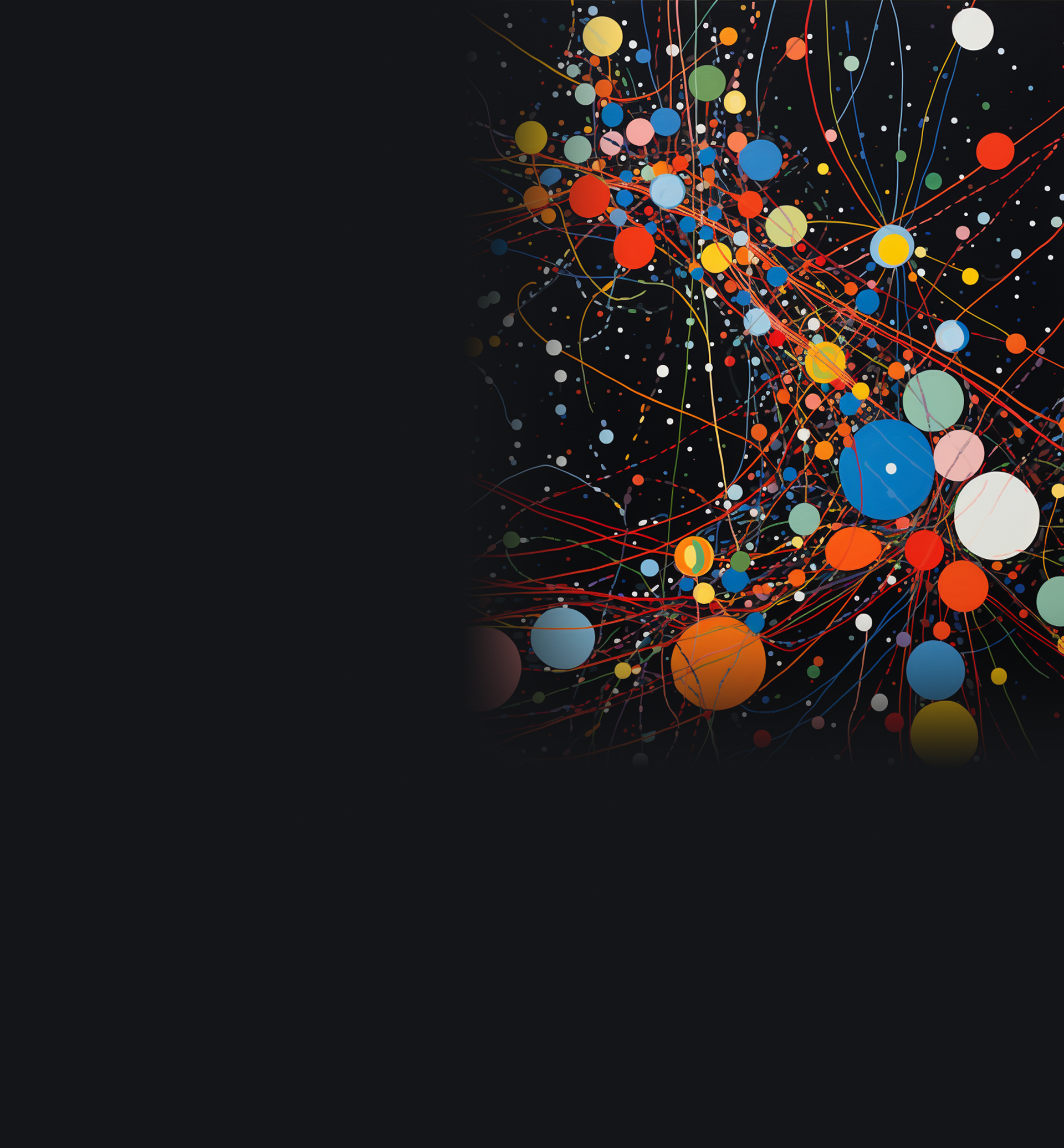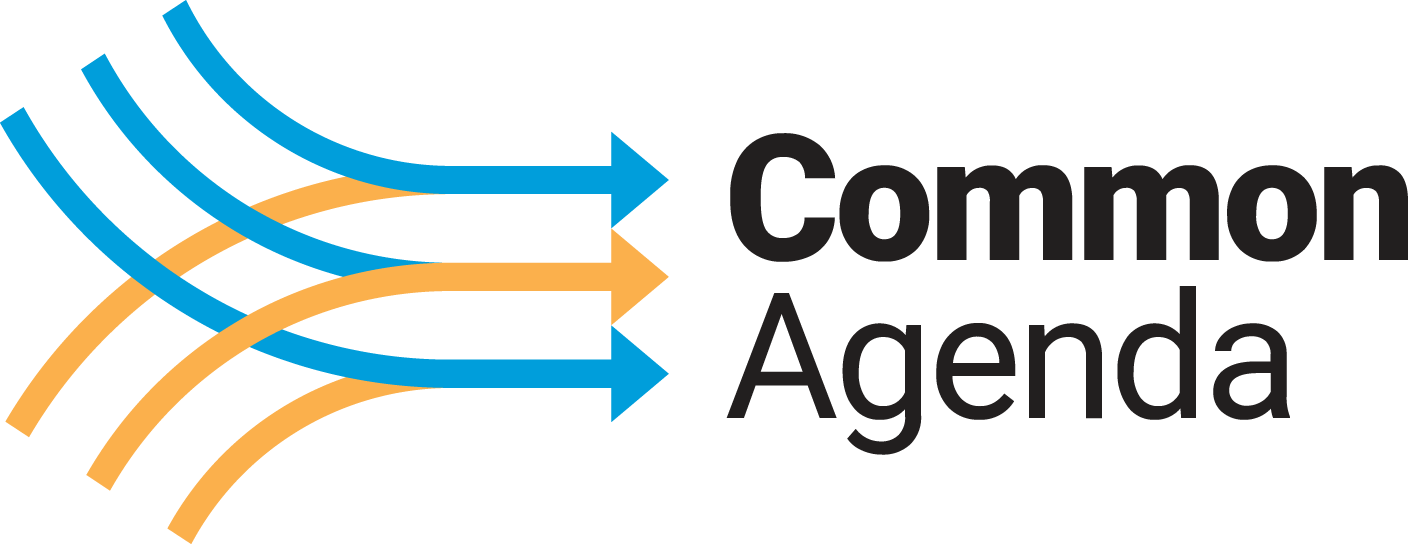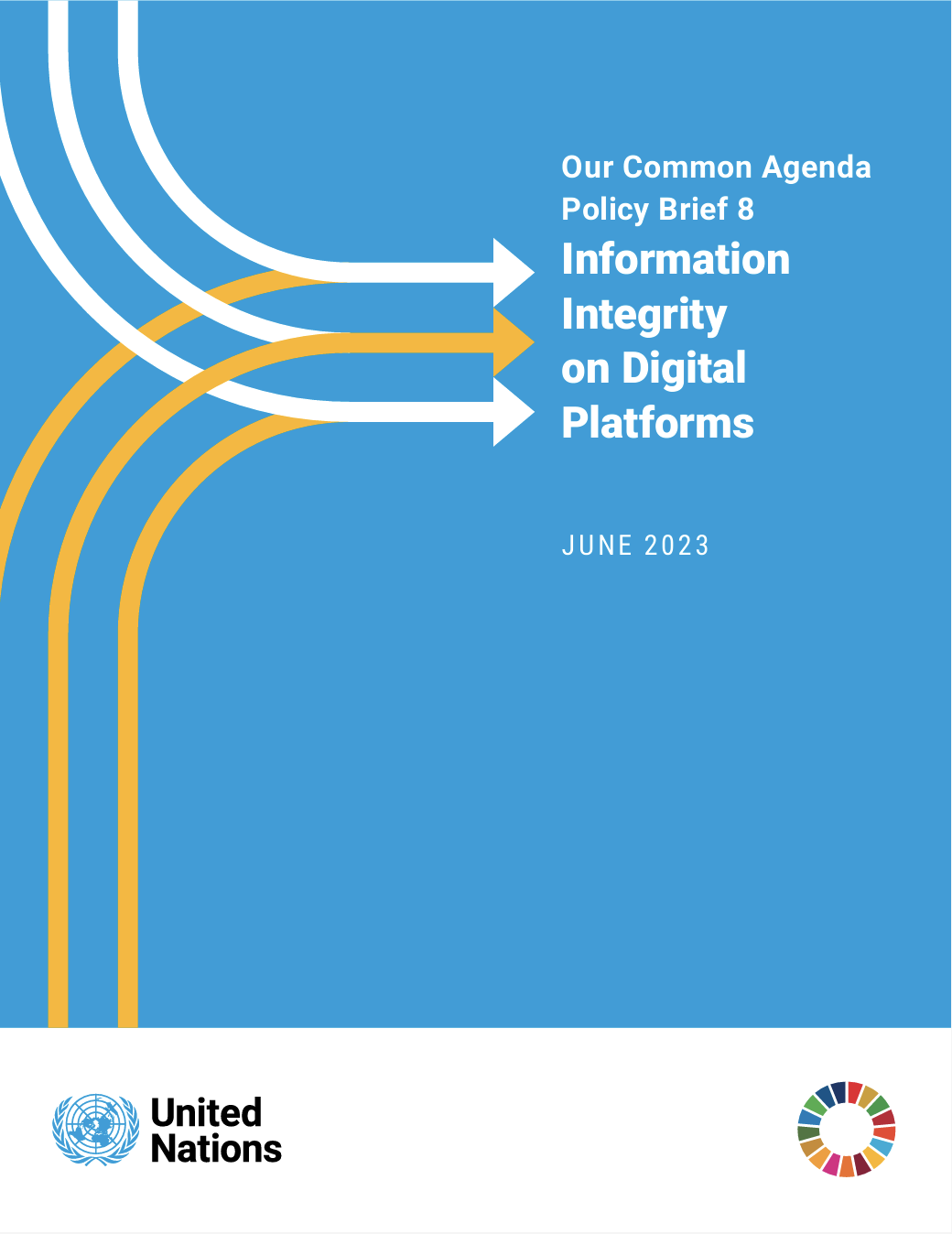Recently, the Secretary-General of the United Nations released a policy brief that's got us buzzing.
It sheds light on the darker side of our beloved digital platforms, where misinformation, disinformation, and hate speech lurk, threatening the accuracy, consistency, and reliability of information.


Picture this: You're scrolling through your feed, and suddenly, you're hit with a barrage of falsehoods and hate speech.
Pretty grim, right?
That's the reality for many, and it's causing harm on a global scale. This is especially concerning with advancements like generative artificial intelligence amplifying the potential for misuse.

Now, let's get real about business models. Engagement and ad revenue are great, but not when they come at the cost of information integrity.
The United Nations is calling for a shift, urging digital platforms to step up and safeguard information integrity.

Remember, this isn't just about following rules; it's about protecting human rights and fundamental freedoms, which are enshrined in international norms and standards.
Freedom of expression and access to information are critical, but so is ensuring these rights don't incite hostility, discrimination, or violence.

Misinformation isn't just annoying; it can be downright dangerous. It can affect public health, climate action, democracy, and even gender equality.
For instance, during the COVID-19 pandemic, misinformation about the virus and vaccines wreaked havoc. And let's not forget how misinformation can fuel conflict in volatile political contexts.

So, what's the game plan to strengthen information integrity?
Here's the playbook:

– Regulatory Responses
Existing laws need to be leveraged, and new ones, like the EU's Digital Services Act, need to be created to counter online threats.
– Digital Platform Responses
Platforms need to uphold human rights principles and improve transparency and implementation.
– User Empowerment
You, the users, need to be armed with digital literacy skills to evaluate online information.
– Disincentives
We need to explore ways to demonetize disinformation and prioritize human rights over engagement.

– Independent Media
We need to bolster independent media, fact-checking initiatives, and accurate reporting.
– Future-Proofing
As technology evolves, we need to ensure user privacy, security, transparency, and safety are integrated into new technologies from the start.
– United Nations Responses
The United Nations is stepping up its game too, with strategies to combat mis- and disinformation.

In a nutshell, information integrity is crucial for young people and young countries.
It's about ensuring that the digital world you navigate every day is safe, accurate, and reliable.
After all, you're not just consumers of the digital future; you're the architects of it!

If you enjoyed our decoded version of the Our Common Agenda Policy Brief and want to delve into more detail on the recommendations for information integrity, you can immerse yourself in the full policy brief here.
To find out more about Our Common Agenda, click here.
Disclaimer: The artworks displayed on this page were generated by artificial intelligence (AI) technology. They are not attributed to any real artist.





